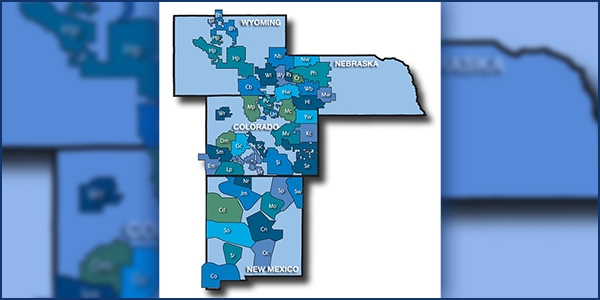FERC last week partially approved Tri-State Generation and Transmission Association’s Order 845 compliance filing, directing the Colorado cooperative to make additional changes within 120 days (ER20-687).
The commission on Thursday accepted most of Tri-State’s compliance filing but said the cooperative only partially complied with Orders 845 and 845-A’s requirements regarding surplus interconnection service and determining contingent transmission facilities. It directed Tri-State to describe the specific technical screens or analyses and the triggering thresholds or criteria it will use to determine which facilities are contingent facilities — unbuilt interconnection facilities and network upgrades upon which an interconnection request’s costs and timing are dependent.
It also ordered the cooperative to explain why it omitted the sentence “Surplus interconnection service requests also may be made by another interconnection customer” from its proposed large generator interconnection procedures. Surplus service is any unused portion of interconnection service.
FERC issued Orders 845 and 845-A in 2018 and 2019 to increase the generator interconnection process’ transparency and speed. The changes are grouped into three categories: improved certainty for interconnection customers; promoting more informed interconnection decisions; and process improvements. (See FERC Order Seeks to Reduce Time, Uncertainty on Interconnections.)
The commission on Thursday also accepted Tri-State’s large generator interconnection agreement with Leeward Renewable Energy as a service agreement under the cooperative’s Tariff, effective Feb. 25, and established hearing and settlement procedures to address unresolved issues between Tri-State and Leeward (ER20-1045).
Tri-State became FERC-jurisdictional in March, when the commission recognized its status following last year’s addition of its first non-utility member. (See “Ruling Permits Tri-State to Become FERC Jurisdictional,” SPP FERC Briefs: Week of March 16, 2020.)





